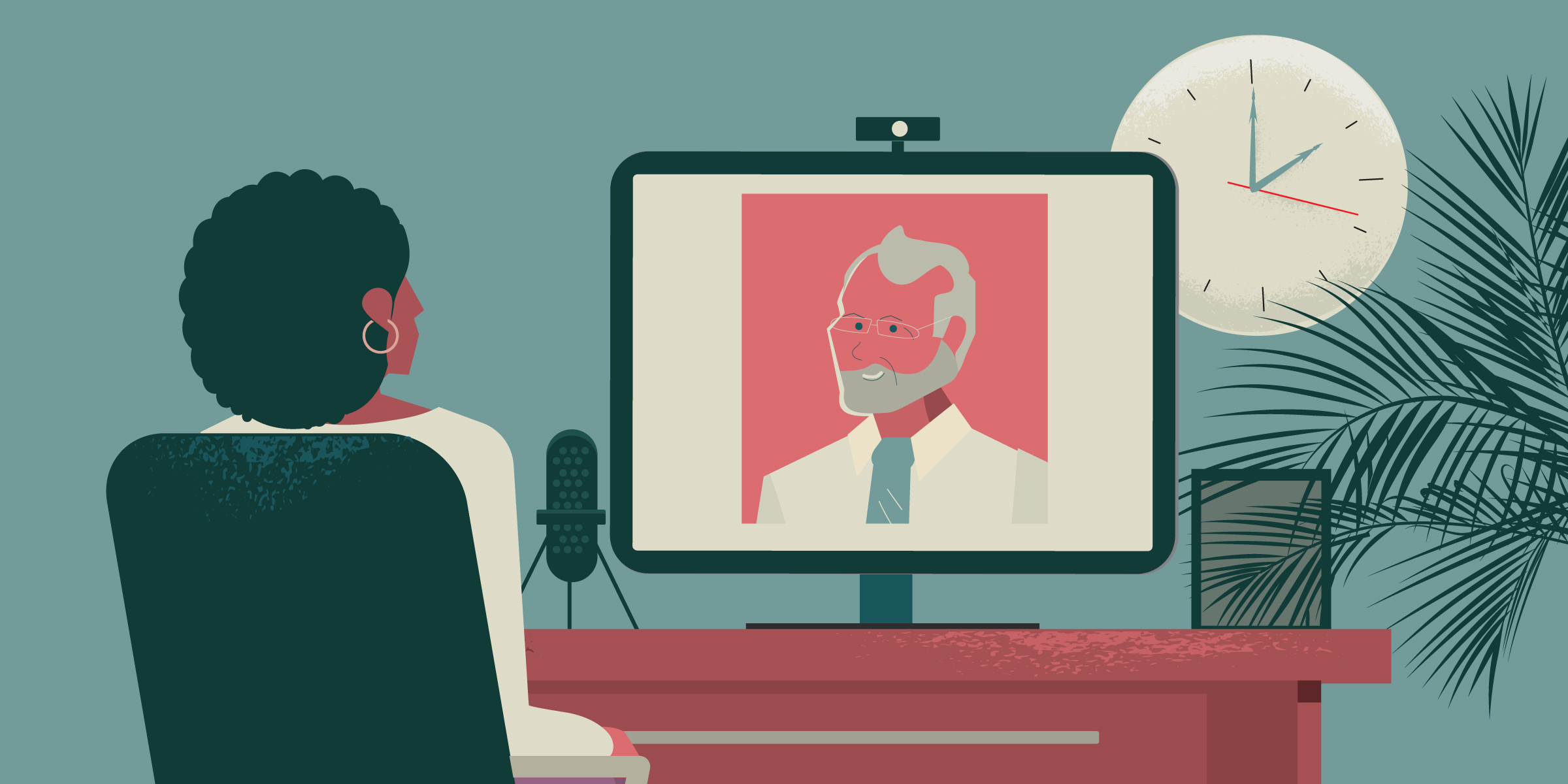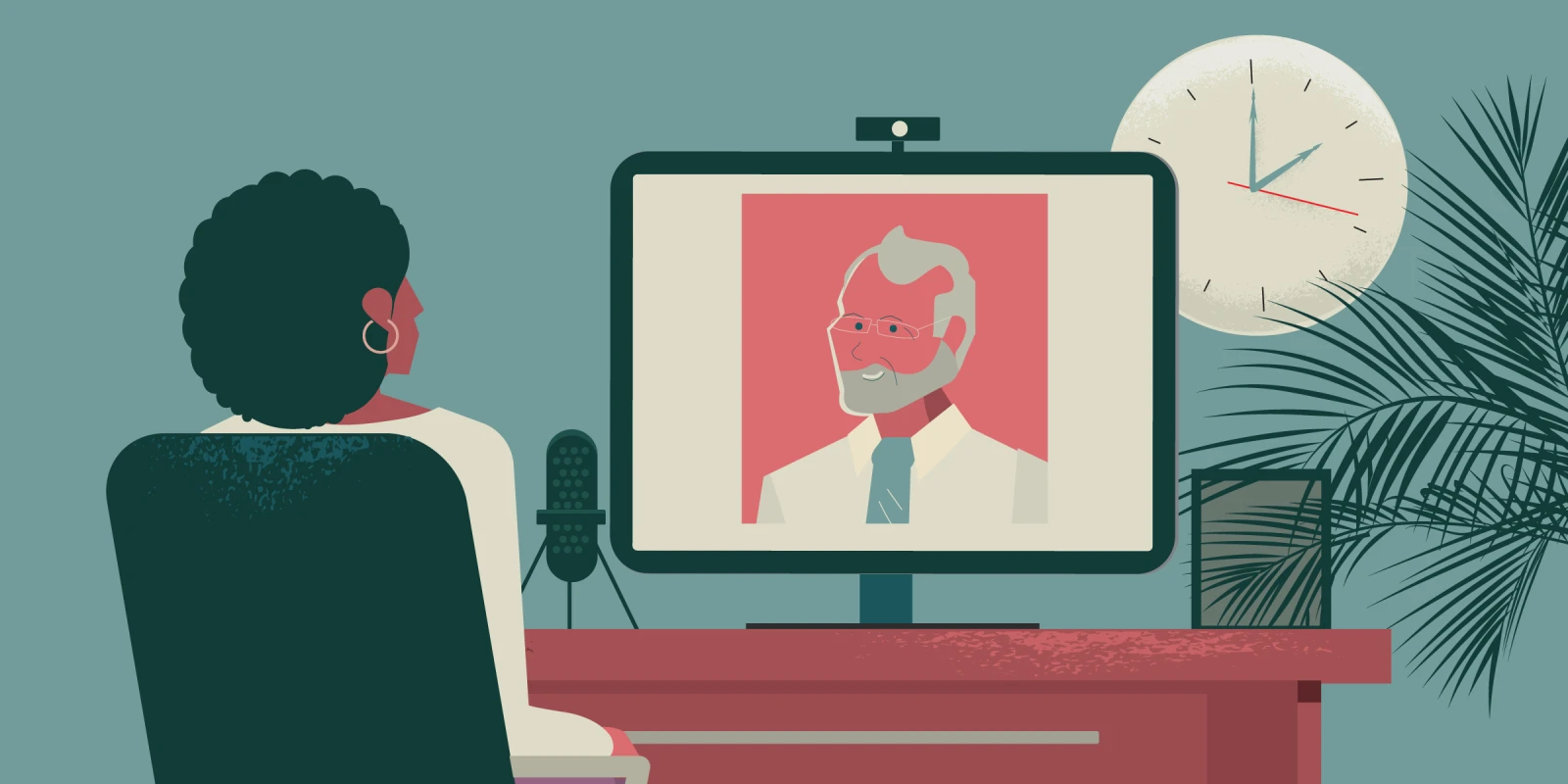
“Do you have a boyfriend?” my residency interviewer asked, nonchalantly. I was stunned but made a quick calculus: It was just me and this man, a faculty member, in the room – a potential “he said/she said” scenario – and he had power. He held a prominent role in the decision to rank me to match at this top-10 emergency medicine residency program. Unhappily, I concluded that I had no choice but to answer.
At the end of the interview day, I approached several other women candidates and hesitantly asked if the interviewer had posed the same question to them. Yes, all of them had been asked the same thing, and each told me she had felt uncomfortable but obligated to respond politely or risk losing her spot on the program’s “Match” list.
Such questions are explicitly prohibited by law, but they persist in medical school and residency interviews. Candidates are put in an untenable situation: One option is to report an unprofessional interviewer and risk jeopardizing the possibility of a coveted spot at a medical program. The alternative is not to report, thereby tacitly reinforcing bad behavior but preserving professional options.
Unfortunately, this experience was just one in a long line of unseemly interviews I had already endured. During a medical school interview at a top institution, when I spoke proudly of my leadership work on sexual assault prevention, I had been asked, “Did something happen to you?” Another medical school interviewer volunteered that he had left gynecology because he was tired of doing pelvic examinations on “old, fat” women.
While my medical school and residency interviews occurred over 20 years ago, one should not be fooled into thinking those “old days” are over. One general surgery applicant, whom I recently mentored, told me that when she was alone in the room with a department chairman for her residency interview, his first question was: “I know I’m not supposed to ask you this, but do you plan to have children during residency?” To lessen unwanted questions about family planning, I now recommend that my married female advisees consider taking off their wedding rings before interviews.
But, as we start this cycle’s interview process, there is hope for positive change. Curiously, interview format modifications necessary to keep medical school and residency interviews safe during the COVID-19 pandemic might facilitate a new age of improved equity for women applicants (and for underrepresented groups as a whole). To its credit, the AAMC has wisely recommended that all medical school and residency interviews be done virtually this year. Formats may vary, but interviews should not be in-person. Further, the AAMC is recommending a standardized approach to virtual interviews, a strategy that is harder to pull off in person without a uniform platform. A consistent remote approach would be to the advantage of women and members of underrepresented groups, who would otherwise be more likely to encounter inappropriate and illegal questions.
Additionally, while many institutions will not record interviews, the potential for an applicant to do so is there — and it’s easier to execute virtually than in the course of an in-person meeting. Just as the ubiquitous nature of phone cameras has showcased societal injustices, the potential for digital record-keeping and sharing may keep inappropriate interview questions in check. What happens in the room between an interviewee and faculty member will no longer necessarily stay there. With the risk of public exposure, medical schools and residencies will soon realize that unprofessional behavior by powerful faculty members cannot be tolerated.
Unfortunately, even virtual medical school and residency interviews will not remove all inequities. After all, with cameras on and ingrained biases still present, allowing faculty members to judge appearances and see skin color is still problematic. That said, an unintended consequence of a strategic desire to slow the spread of COVID-19 might concomitantly make the interview process a bit fairer.
Back to my emergency medicine residency interview: Once I realized that several women applicants had also been asked about having a boyfriend, I felt validated. I understood that my experience would not be seen as a “he said/she said” after all. Empowered, I reported the episode to an emergency medicine advisor, who communicated my experience to the residency program. I was told that the faculty member would not be allowed to interview after that — and I chose other programs to rank on my Match list.
Michelle Finkel, MD is a board-certified, practicing emergency physician and the founder of Insider Medical Admissions, where she provides admissions advising services, editing, and virtual interview practice for residency, medical school, fellowship, post-baccalaureate, and dental school applicants. You can follow her on Twitter.
Click here to see more perspectives on COVID-19 from the Doximity network.
Click here for up-to-date news about COVID-19 on Doximity.







